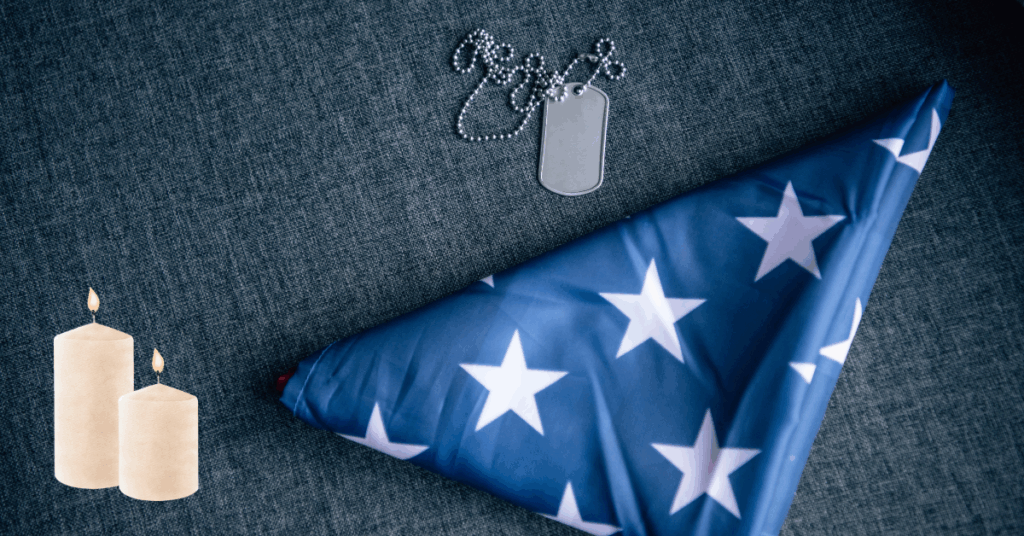Memorial Day is often seen as the unofficial start to summer—a time for barbecues, family gatherings, and long weekends. But for many, it carries a much deeper, more personal meaning. It’s a day marked by remembrance, reflection, and grief, especially for those who have lost loved ones in military service.
Grief can be complex and isolating. It does not follow a straight path, and it doesn’t obey the calendar. As Memorial Day approaches, the ache of loss may resurface—whether the loss occurred recently or decades ago. This post offers a gentle guide to navigating grief during this solemn time and finding healing in the remembrance.
Honoring the Layers of Grief
Grief shows up in many ways. For some, it’s quiet and internal. For others, it might be loud and expressed through ritual, memory-sharing, or tears. It can be:
- A longing for connection
- Feelings of guilt or anger
- Numbness or emotional fatigue
- A sense of being stuck in the past
These emotions are valid and normal. You don’t have to grieve a certain way. What matters is that you make space for your grief, especially on a day that invites remembrance.
Memorial Day: A Time for Reflection and Connection
While Memorial Day honors all fallen service members, it can also open the door to personal grief—of spouses, siblings, children, and comrades. If you or someone you love has experienced military loss, the holiday may carry extra weight.
Here are ways to care for your heart:
1. Create a ritual of remembrance. This could be lighting a candle, visiting a gravesite, preparing a favorite meal, or writing a letter to your loved one. Rituals can ground grief in action and make space for connection.
2. Allow yourself to feel. Grief isn’t a weakness—it’s the natural expression of love. Whatever emotions come up, let them move through you without judgment.
3. Connect with others who understand. Talking with fellow survivors, veterans, or a mental health professional can help process the layered emotions of loss.
4. Take breaks when you need them. You are allowed to step away from ceremonies or conversations that feel overwhelming. Boundaries help protect your emotional well-being.
5. Practice self-compassion. Honor yourself as much as you honor the person you’ve lost. Healing isn’t about forgetting; it’s about learning to live with the love that remains.
Support Beyond the Holiday
Grief doesn’t end on Memorial Day. It’s a journey that ebbs and flows. At Refinery Counseling, we work with individuals and families navigating military grief, offering compassionate support grounded in clinical care and understanding.
You don’t have to carry your pain alone. Whether you’re feeling overwhelmed or just need someone to talk to, therapy can be a safe space to process grief, explore emotional resilience, and build a healing path forward.
Remembering with Intention
Memorial Day can be a moment of both mourning and meaning. In remembering, we honor not only those we’ve lost but also the lives we continue to live in their legacy. It’s okay to cry. It’s okay to laugh. It’s okay to grieve. And it’s okay to seek support.
This Memorial Day, give yourself permission to hold space for your grief. You are not alone, and healing is possible—even in sorrow.

